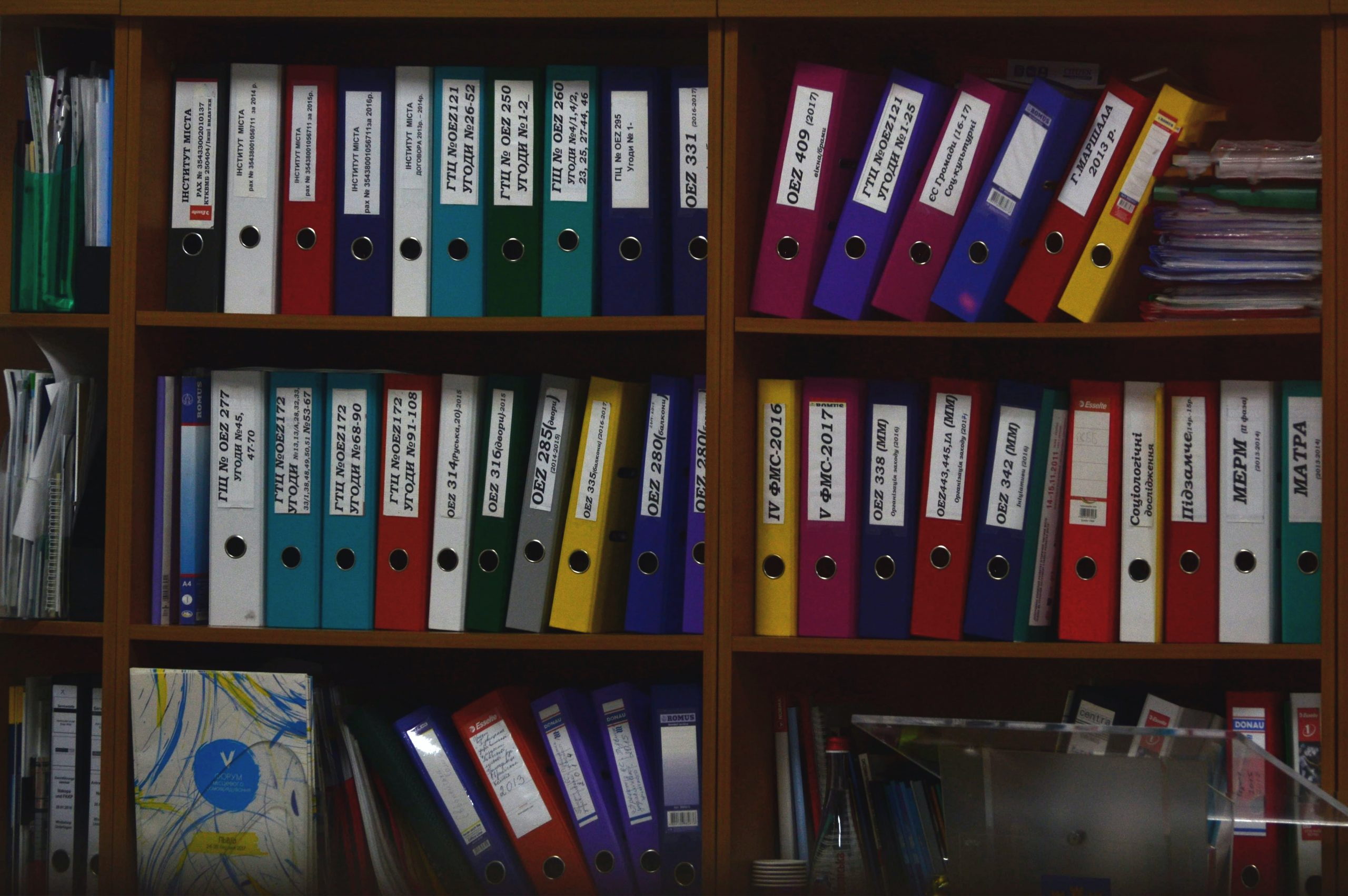
Let’s face it – bad things happen.
- Car accidents
- Natural disasters
- Break-ins
- Sickness
- Death
- etc.
There is only so much that we can do to prevent bad things from happening. That said, one thing that we can do is to be prepared for when bad things happen. During an emergency, life can be complicated. It can be hard just to get by day-to-day, let alone having to dig through critical and urgent documents for your spouse – for example, medical history, insurance, bank account details, and such. One thing that I recommend to all of my clients is to have a Family Emergency Folder. This can be a physical or digital folder that stores important information and documents that may be needed during an emergency. I prefer a secure digital folder given it can be accessed from anywhere and cannot be destroyed in a disaster scenario.
Here are a few ideas of what you may want to put in your Family Emergency Folder for quick access:
- Location of official estate planning documents (Will, Personal Directive, Enduring Power of Attorney), and copies
- Emergency contacts
- Friends nearby
- Family (parents, grandparents, aunts and uncles)
- School or day care contacts
- Employer contacts
- Doctors
- Dentists
- Veterinarians
- Other medical specialists
- Local emergency contacts
- Non-emergency phone numbers
- Housing documents
- Lease (if you rent)
- Title documents (if you own)
- Current homeowner or tenant insurance policy
- Utility information (e.g. power / gas / water / sewage / garbage bills, etc.)
- Home inventory – it is a good idea to have an inventory of items in your home (at a minimum, walk around your house and take a video of your possessions with some commentary)
- In the event of a disaster, this list will be helpful when submitting an insurance claim
- If you want to be a big geek (like me), include receipts of major purchases
- Automobile documents
- Proof of registration
- Proof of insurance (Pink Card)
- Current insurance policy
- Car title / bill of sale
- Financial information
- Account details for all bank accounts, credit cards, investment accounts (I find the easiest way is to attach a current statement)
- VOID cheque
- Life insurance
- Current insurance policy(ies)
- Business information
- Location of corporate documents (if you own a business)
- Certificate of incorporation
- Location of corporate documents (if you own a business)
- Medical information
- Medical history
- List of immunizations / vaccinations
- List of allergies
- List of current prescription medications
- Organ donation preferences
- Medical insurance details / proof of coverage
- Provincial health card
- Blood type
- Copies of personal documents
- Drivers license
- Social insurance number
- Birth certificate
- Marriage certificate
- Passport
- Immigration documents (e.g. visa, permanent resident card)
- Usernames and passwords for various online accounts (e.g. banking, e-mail)
- Spare keys for car, house, etc.
My wife and I created a secure virtual space where we put all of our important information and documents after we got married. Thankfully we have not had an emergency, however, we have comfort that the information and documents are there if and when we need them. So far, we have both realized that it can be handy to have a centralized place to grab documents as needed, even if there isn’t an emergency (e.g. when we need a picture of our drivers license or passport, or if we forget our SIN).
Now go get organized!
